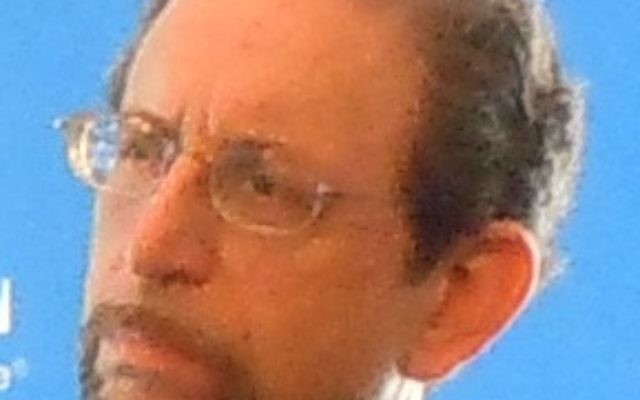We Must Learn to Disagree Civilly
By Rabbi Harvey J. Winokur | Temple Kehillat Chaim
Are we are losing our ability to talk civilly to each other as a nation and in our own Jewish community and congregation about Israel and other issues?
The stakes are high. Civil discourse is the essence of democracy and of a healthy community. We are witnessing a toxic time where issues play out with all-too-raw and unthinking emotion. It is disturbing when forums about health care, gun control and immigration routinely result in name-calling, interruption of speakers and vilification of those with whom we disagree.
Regardless of our personal politics, we should be troubled by the tone and tenor of debate in America, especially now within the Jewish community with regard to the Iran deal. We should be alarmed when the president feels it necessary to weigh in during a national webcast to Jewish organizations to call the attacks on Congressman Jerrold Nadler of New York “appalling” and rejected the notion that there is equivalence between the virulence of the assaults on Jewish supporters of the deal and the suggestions of disloyalty from the deal’s Jewish opponents, as The New York Times reported Aug. 29.
I believe we face a landmark moment in America, in Israel and in our Jewish community. Our sages taught that it was sinat chinam (causeless hatred) that brought about the destruction of the Temple.
That type of hatred is present in our midst. It is time to lift our voices in a call for civil discourse and ethical disagreement.
On the eve of Sept. 13, we will fill the sanctuaries for the High Holidays. Members who support the deal will pray alongside those who do not. If the harsh judgments and rhetoric continue between Washington and Jerusalem and our American Jewish community, we will be deprived of the deep commonality that binds us together.
Calling those who oppose the deal “warmongers” shuts shown constructive debate; calling those who support the deal “enablers of a second Holocaust” ends thoughtful discourse.
With such significant stakes, thoughtful debate is not only warranted, but also essential. That is what our tradition calls a machloket l’shem shamayim, a debate for the sake of heaven.
Our Jewish Federation ended its silence on the Iran nuclear deal Tuesday, Aug. 18, announcing its support for renegotiating the agreement rather than ratifying it as is. But Federation acknowledged that it “cannot be assumed to represent the views and opinions of the entire Atlanta Jewish Community,” clearly a nod to the intensely disparate views with our community.
The Central Conference of American Rabbis, the organization that represents almost 2,000 Reform rabbis, acknowledged the acrimony accompanying the debate by ending its statement on the Iran deal with the following: The CCAR “believes in vigorous debate but that discourse must be civil and constructive. … There must be an open and welcoming tent as we continue to debate not only the future of this agreement, but also the very nature of what it means to be pro-Israel. Our Movement is deeply pro-Israel, though we express that core conviction in many different ways. No one should be compelled to defend his or her Zionism or support for Israel as we express legitimate views, both pro and con, about this most difficult issue.”
Recognizing the disparity within the Reform movement, the CCAR chose not to take a formal stand on the deal.
As we reflect on our actions over the past year during the coming Days of Awe, may we resolve that we can disagree, but in doing so we can act in a civil and respectful manner to each other. Ken yehi ratson — may this reflect the will of the Eternal.





comments